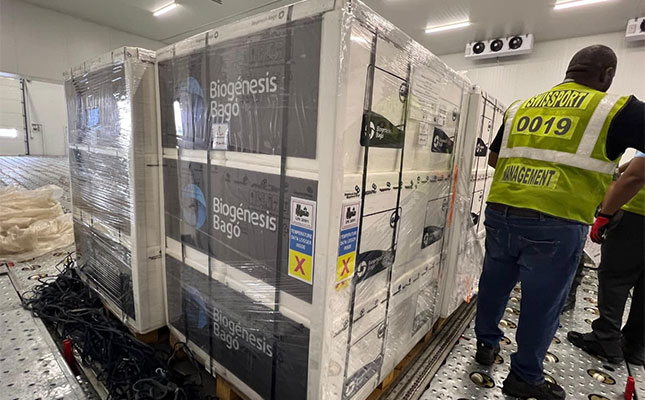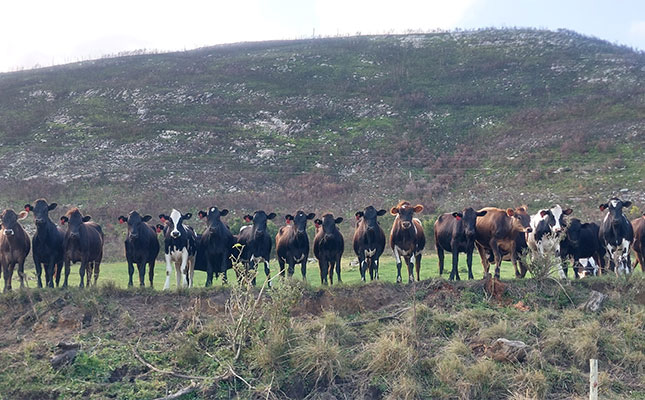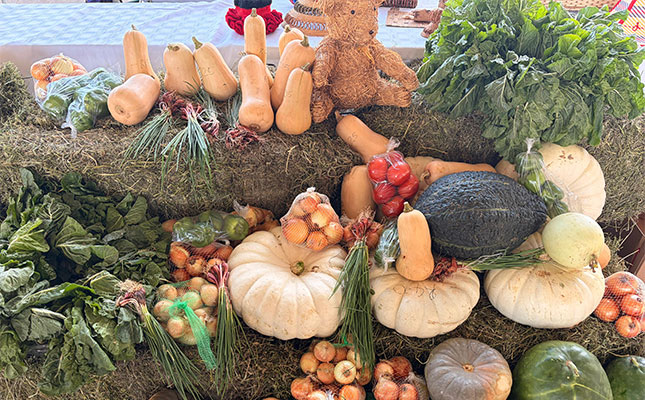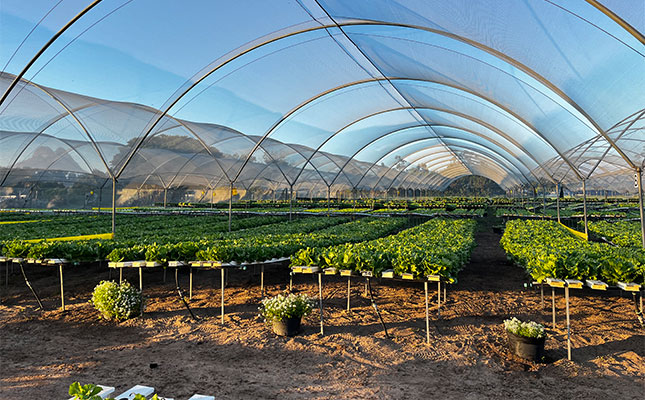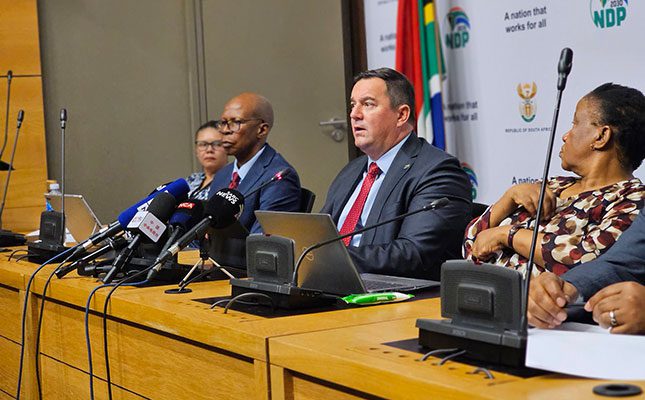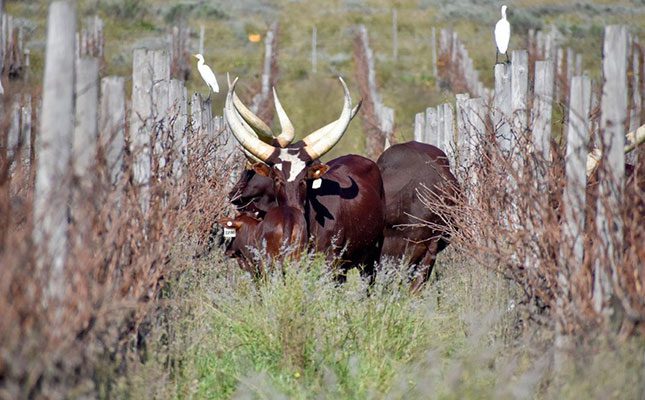
The theme of this year’s Earth Day is ‘Our power, our planet’, aimed at uniting people around renewable energy and tripling clean electricity usage by 2030.
Shelly Fuller, fruit and wine project manager at World Wildlife Fund South Africa (WWF-SA), told Farmer’s Weekly that the wine industry in collaboration with WWF- SA launched the Biodiversity and Wine Initiative in 2004 to promote environmentally responsible production practices.
A decade later, over 90% of the South African wine industry was able to certify their wine as being environmentally friendly as indicated by the Integrated Production of Wine (IPW) sustainability seal.
Since then, the programme has been restructured to focus on environmental leaders in the fruit and wine industry, called the WWF’s Conservation Champions.
Fuller explained that the conservation champions go the extra mile.
“They are committed to conserving previously unprotected and critically endangered ecosystems, clearing alien [plant species], following regenerative farming practices and/or reducing their energy footprint. We currently have 60 conservation champions.”
Hartenberg
Hartenberg Estate became one of these conservation champions in 2023, and was named the first wine farm in South Africa to achieve verification under the Ecological Outcome Verification Framework of the Savoury Institute earlier this year.
Heleen Rabe, marketing director of Hartenberg, said that the wine estate was in the process of getting the Land to Market verification seal, which would assure consumers that regenerative farming principles were used on the farm.
Rabe said that this farming approach, which incorporates practices such as no to minimum tillage, crop rotation, the planting of cover and mixed crops, and the incorporation of animals, resulted in numerous environmental spin-offs and savings.
For Hartenberg, the strategic use of cattle and ducks helps improve the soil, reduces fertiliser usage and allows the farm to no longer use any insecticides.
The use of cover crops and mulch helps to protect the soil against warm temperatures and erosion, while the combination of these practices improve soil biodiversity and soil structure, resulting in better nutrient and water cycling.
Along with this, Rabe pointed out that a recent study from Stellenbosch University also confirmed that these vineyards experienced less stress than a conventionally managed control.
Towards the end of last year, the farm also erected a solar plant, which has allowed it to generate 75% of its energy requirements.
Spier
Farmer Angus McIntosh who uses regenerative farming principles to produce grass-fed beef, free-range chicken and pork, told Farmer’s Weekly that every day was Earth Day at Spier.
“My animals are healing the land, every hour of every day. We rejuvenate nature by moving the cattle twice a day, the chickens once a day, and the pigs every week, and it takes at least six weeks before they graze the same land again.”
Spier has been a Conservation Champion since 2012. According to Spier’s Collective Impact Report 2024, the farm aims to reach net zero emissions by 2030 and is setting a target of net-zero value chain greenhouse gas emissions by 2050.
Since 2017, the wine estate has managed to reduce its greenhouse gas emissions from electrical consumption by 30% compared to 2009 levels, while scope 1 and scope 2 emissions were reduced by 9% from 2023 to 2024.
Scope 3 reporting was expanded to include transport of goods and services in 2024, which increased the estate’s overall carbon footprint, but was implemented to improve the overall accuracy of reporting.
Doing more
While many South African producers are already way ahead in their conservation efforts, Netafim has released a press statement in which it stated that more can be done, internationally, to use water more efficiently.
The statement quotes Aqueduct, an interactive fact platform, driven by the World Resource Institute, according to which 34% of global production is irrigation, and of this, 60% is grown in areas facing high or extremely high water stress. Additionally, it appears that drip irrigation only accounts for 4% to 5% of the world’s irrigated land.
Michael Esmeraldo, managing director of Netafim Southern and East Africa, said he imagined a bleak picture if the world, 20 years from now, did not adopt water-efficient precision irrigation technologies, such as drip irrigation.
“I believe water quality will be extremely poor and create problems for both agriculture and human welfare. If less and less water is available and we continue to use the water we have inefficiently, the type of poor water quality we see in droughts spells will become the norm.”
He added that he believed that most agricultural export entities and buyers will increasingly set highly efficient water use as a requirement for export approval.
“Those farmers who have not yet adopted these practices will not have access to export or high-end retail markets.”
Get trusted farming news from Farmers Weekly in Google Top Stories.
➕ Add Farmers Weekly to Google ✔ Takes 10 seconds · ✔ Remove anytime

